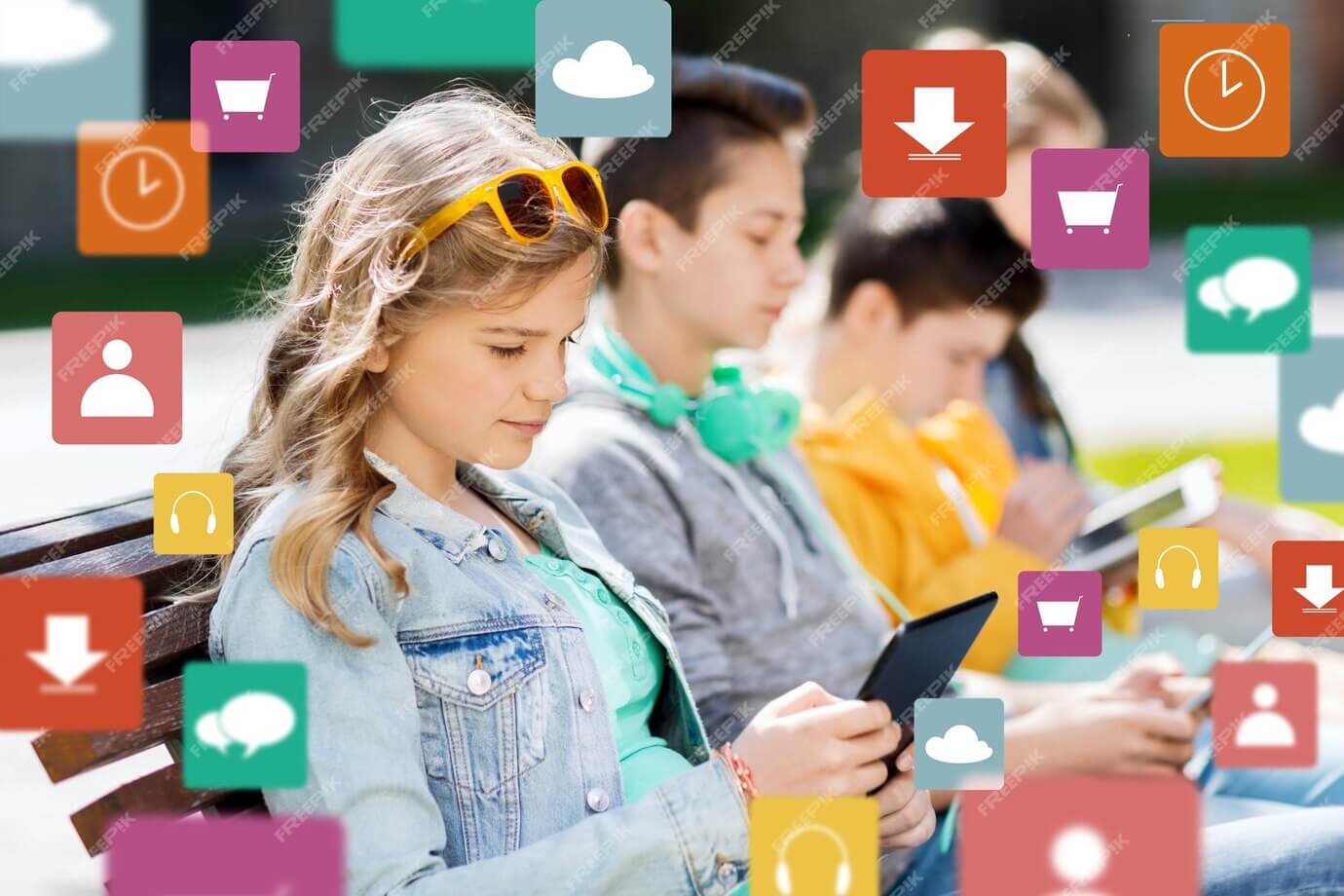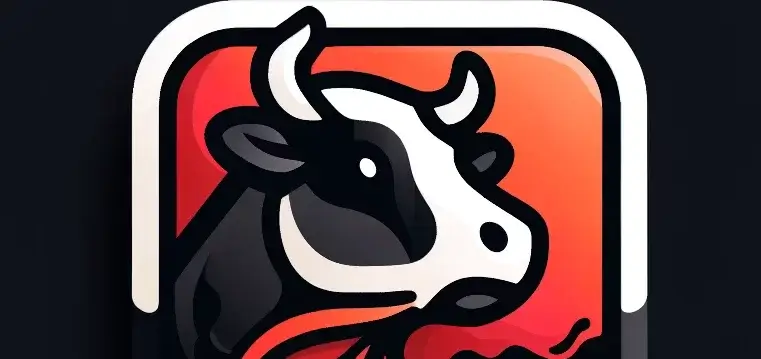Click. Scroll. Like. Share. Pause. Repeat. That’s the daily choreography of billions—and it all happens on platforms that most of us interact with more than we realize. Social media has become the library of human behavior, replacing encyclopedias with feeds, and bookshelves with timelines. But how many of us really understand what goes on behind that glowing screen? The algorithms, the data harvesting, the dopamine loops—they’re not science fiction anymore. They’re daily reality.
And let’s be honest: if there were a book that truly revealed the inner mechanics of social media, it’d be dog-eared, banned, or burned in a thousand places. But since it doesn’t exist—yet—this will have to do.

1. THE FEED ISN’T RANDOM: IT’S STRATEGY
You don’t see what your friends post in real time. You see what a formula, or more precisely, a recommendation algorithm, wants you to see. Facebook (now Meta), Instagram, X (formerly Twitter), TikTok—they all prioritize engagement. Not meaning. Not accuracy. Not the truth. Engagement. The longer you stay, the more ads they can slide in.
According to Datareportal, over 4.95 billion people used social media as of October 2023—that’s more than 61% of the world’s population. You think these platforms leave what you see up to chance? No. They use your digital fingerprints—every scroll, pause, like, or share—to refine what’s fed to you next.
Imagine a librarian who rearranges the books in your local library based on how long you glance at a title. That’s the social media algorithm: curating your content shelf in real time.
2. BOOKS VS. POSTS: THE ATTENTION ECONOMY WAR
Books require time. Patience. Concentration. Social media offers chaos. Distraction. Bite-sized dopamine. A 300-page novel competes with a 15-second clip of a dancing iguana—and often loses.
One often underrated corner of the internet is the world of online reading, where users can read novels online instead of endlessly scrolling through social media. Unlike the fast-paced noise of timelines and trending hashtags, reading—especially novels online—offers a focused escape, deeper engagement, and actual brain stimulation. Platforms like FictionMe allow users to read free novels online or browse entire libraries of IOS novels, offering immersive storytelling at your fingertips. Whether you’re after gripping thrillers, slow-burn romances, or mind-bending sci-fi, you can find free novels online without the sensory overload of social feeds. And while social media thrives on distraction, online reading rewards concentration—every chapter you finish is a victory, not an algorithmic trap. In short, to read novels online is to reclaim your attention span one page at a time.
Books offer resolution. Social media offers loops. Which leads to the real question: are we reading less because we’re bored of books, or because we’ve been trained to crave unpredictability?
3. BEHIND THE SCREEN: DATA AS CURRENCY
Let’s not sugarcoat this. Social media platforms are data vacuums. You’re not the customer—you’re the product.
Every click, every second you linger, every post you “heart” or “laugh” at—it’s all fed into the machine. They collect demographic data (age, gender, location), behavioral data (watch time, interests), and even emotional data (based on reactions and sentiment analysis).
As Statista notes, the global social media advertising market reached over $207 billion in 2023, and it’s projected to exceed $300 billion by 2027. This isn’t just a trend—it’s an industry built on your behaviors.
Would you tell a stranger what you searched for at 2am last night? Probably not. But odds are, a social media company already knows. That’s the trade-off.
4. THE INVISIBLE FILTER: ECHO CHAMBERS
Imagine a bookstore that only stocks the titles you already agree with. That’s the effect of personalization on social media. The platform shows you more of what you interact with—and hides dissenting voices.
So, if you like certain political opinions, you’ll be fed more of the same. If you engage with conspiracy content, the system obliges. It doesn’t care if it’s true—only that it keeps you engaged.
And books? They challenge. They slow you down. They force you to consider nuance. Social media mostly does the opposite.
According to a 2022 Pew Research study, 64% of Americans believe social media has a mostly negative effect on the way news is reported. That’s no coincidence. Algorithms don’t curate for truth. They curate for stickiness.
5. FROM CODE TO CULTURE: THE SHAPING FORCE
TikTok isn’t just an app. It’s a cultural engine. It dictates music charts, revives old book titles (#BookTok, anyone?), and launches trends that affect what teens eat, say, or wear.
YouTube has replaced traditional bookshelves for DIY learners. Instagram curates our memories. Pinterest builds our future homes. Social platforms are shaping not only what we consume, but how we perceive time, relationships, and even self-worth.
When a book gives you an identity (“I’m a Murakami reader”), social media offers a performance of that identity (“Here’s my aesthetic bookshelf in warm lighting”).

6. CAN YOU BEAT THE MACHINE?
Yes, and no.
You can log off. That’s step one. You can read a book. That’s step two. But even that’s not full immunity—because now the algorithm knows you logged off. And it will adjust, wait, and tempt you with notifications, vibrations, and suggested reels.
Fighting the system requires awareness. You have to read it like a book. Understand the characters (algorithms), the plot (profit), and the theme (attention as power). It’s not about becoming paranoid—it’s about becoming literate.
CONCLUSION
There’s no denying it: social media is a marvel of modern engineering. It connects. It entertains. It even educates—sometimes. But behind the curtain lies a system that tracks, nudges, and rewires how we think, act, and feel.
Books remain an antidote. Not because they’re better—but because they’re different. They slow down the race. They offer depth in a world of brevity. They don’t sell your data while you read them.
So, next time your finger hovers over a “like,” remember this: you’re not just using the platform. You’re feeding it. And it, in turn, is feeding you.
Choose your next feed wisely. Maybe… crack open a book instead.
